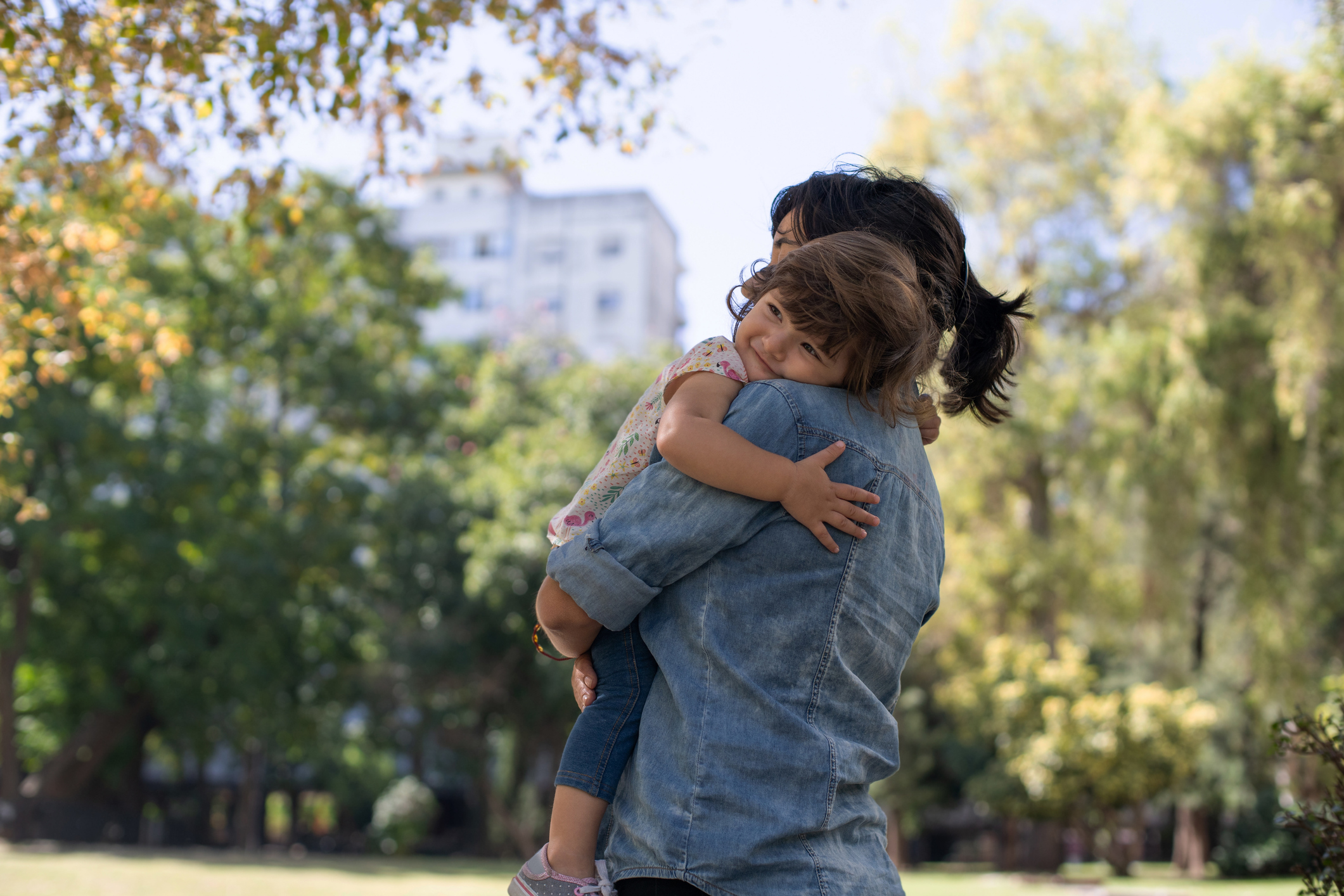
I hate to admit this, but my husband recently gave me some of the best parenting advice I’ve ever received. After a trip to the mall with my 2 1/2-year-old daughter didn’t quite go as planned — and that’s putting it gently — he said, “Don’t expect things to go the way you want them to.” As terrible as that may sound, he is absolutely right.
It’s easy to have everything all set in your head. But parenting is crazy and disorganized and messy. Foods you spend hours prepping for your toddler end up on the floor, new dresses are soon covered in paint and that same paint has added an unplanned touch of color to your walls.
An expectation is a belief that something is going to happen.
In life, things don’t go as planned, so why should we expect parenthood to be any different? It turns out you can benefit from lowering your expectations, so says licensed psychologist Greta Doctoroff, PhD, associate professor at Yeshiva University's Ferkauf Graduate School of Psychology.
“Parent mental health is inextricably linked to child mental health," says Doctoroff. "So, if you are feeling pushed by your own expectations towards impractical goals and feeling overwhelmed, your child will feel this stress."
I got very lucky with my daughter.
She has always been well-behaved. She sleeps well, rarely throws tantrums, loves being outdoors, and can even occasionally be reasoned with. But like adults, she has good days and bad days.
This particular day at the mall was a nightmare. She ran around screaming, kicking, and hitting me. She threw things on the floor. When I needed to change her, she fought me so much that she nearly fell off the changing table. And after my ill-fated attempts to calm her down, she decided to use her hand as a spoon and smear ice-cream all over her romper.
How did I go wrong here?
I had this day planned in my head exactly how I imagined it should go. Clothing shopping for Lucia, a few pairs of shoes for myself, a stop at the bookstore, and a break for lunch. I had it all timed-out, including a few breaks to let Lucia go on rides. But no. I barely got anything done that I had intended to, and it ended with my daughter and myself in tears.
I am in no way suggesting that you lower your standards for how your child should behave. You should always hold your child to a high standard. “As far as standards, children require that their safety needs are met and that they have consistent caregiving relationships that offer them security and responsiveness,” says Doctoroff. “Expectations for parenting have become more unrealistic over time."
With those few words from my husband — “Don’t expect things to go the way you want them to” — I’ve finally learned to clear my head of ideas about how I anticipate things will turn out.
“Make this practice of letting go something that you experiment with to discover which expectations help you and which hinder you,” says Doctoroff. “Observe what is happening and allow for a change in plans, which helps to build flexibility in both you and your child. Routines are useful for parents and children, as children won't know when they need to eat or sleep, but sometimes we can become overly rigid."
"It’s just as important to try to incorporate our children into what we’re doing," Doctoroff says.
“There can be magic in the unexpected for children and they can learn how to navigate unstructured time," adds Doctoroff. "Instead of working to construct separate structured activities, find ways to invite their participation in what you are doing. While their participation might make some things messier or slower, over time your child will become a collaborator on your activities.”
Perhaps the next time I attempt to have a day out, I will look to enlist my daughter’s cooperation in advance. Maybe if she knows what’s coming and has agreed she wants to do it, hopefully the next time will go better.
There are two types of parents, wrote Alison Gopnik, a well-respected professor of psychology and author of “The Philosophical Baby.”
The two types are those who are carpenters and those who are gardeners. The carpenters work to build and mold their children to become a certain type of adult, while the gardeners set the context for growth to occur without exerting as much control and focus on outcomes. Gardener parents provide the autonomy and support that cultivates better mental health for children and parents. I’ve never done much gardening, but maybe now’s the time to start.




